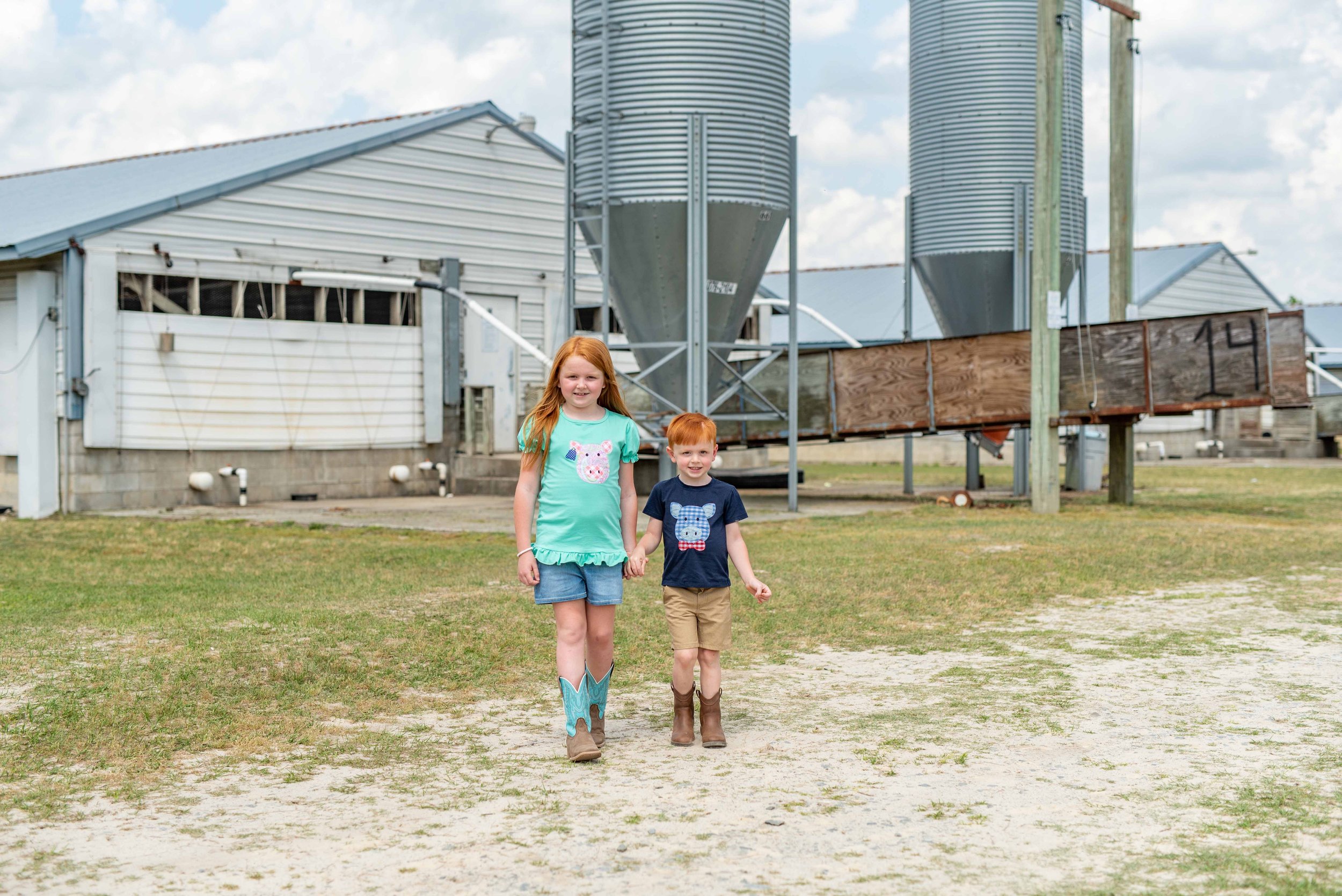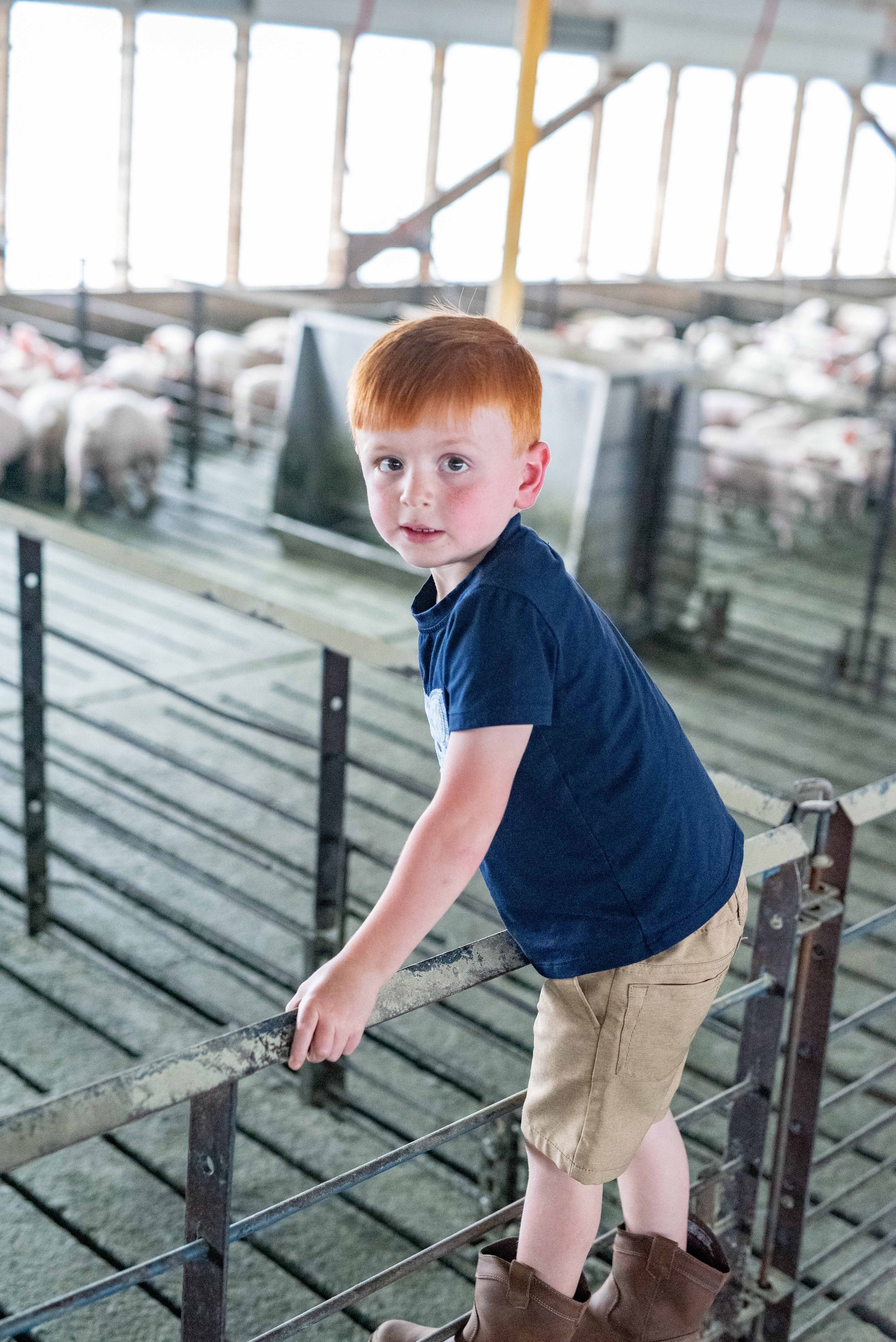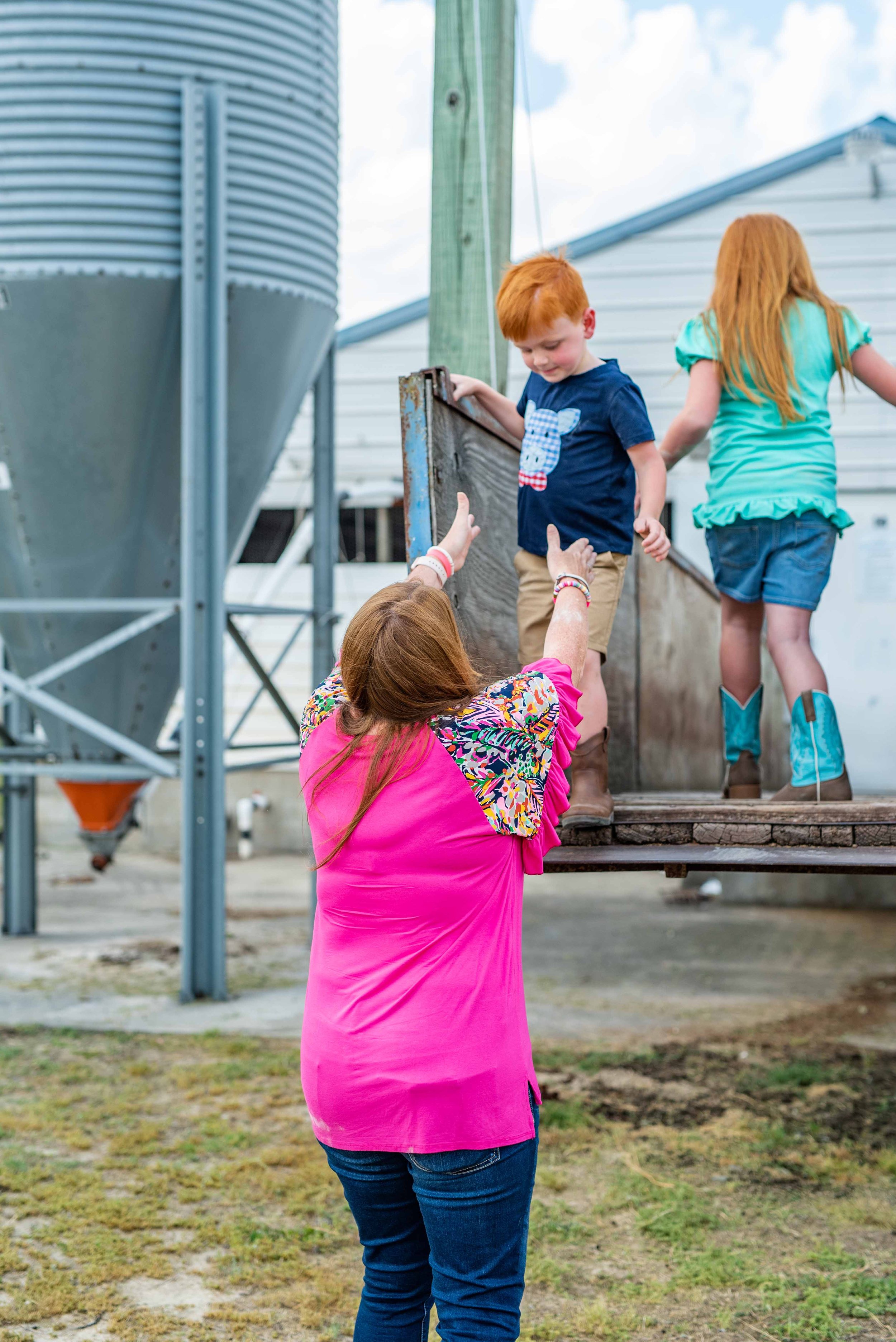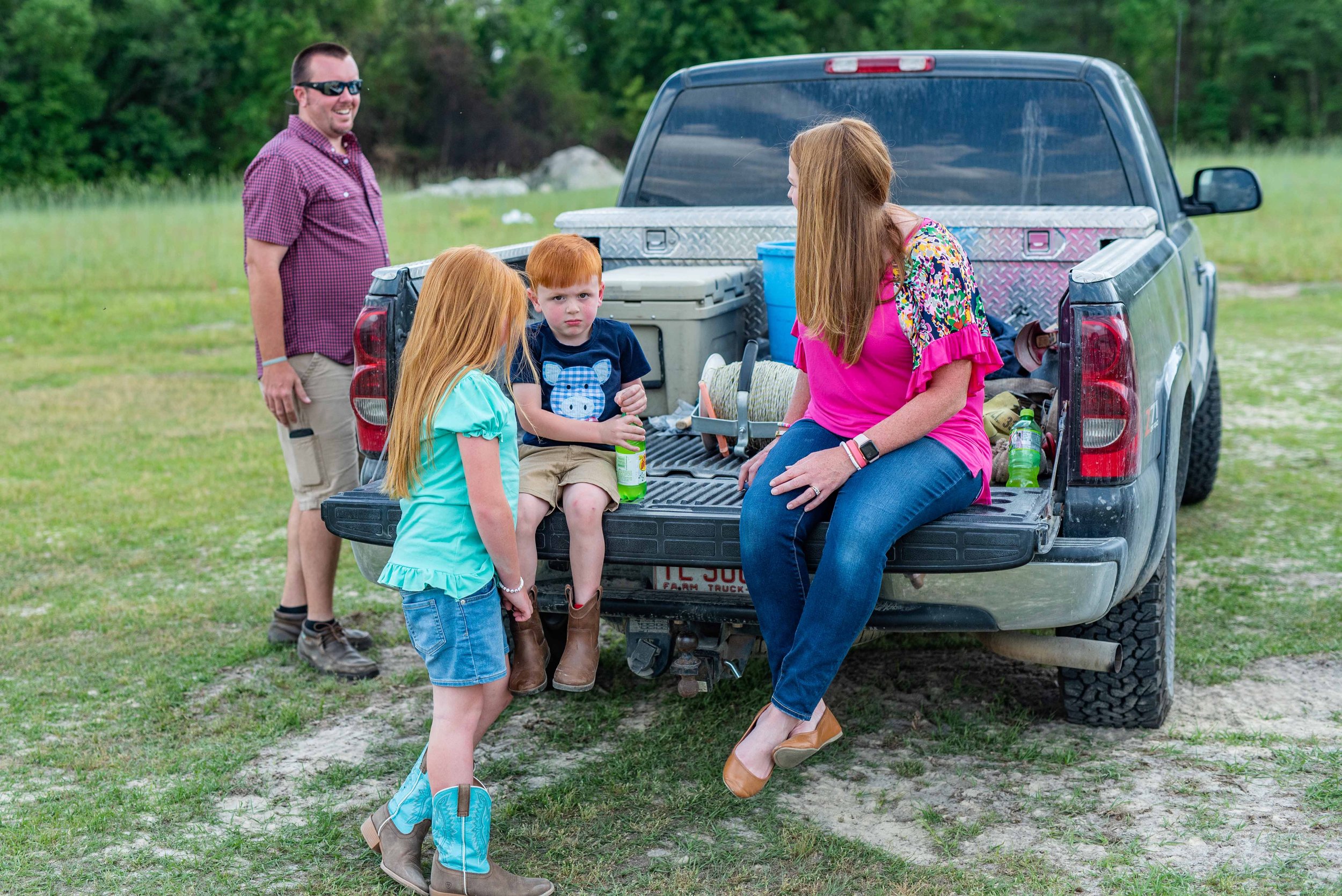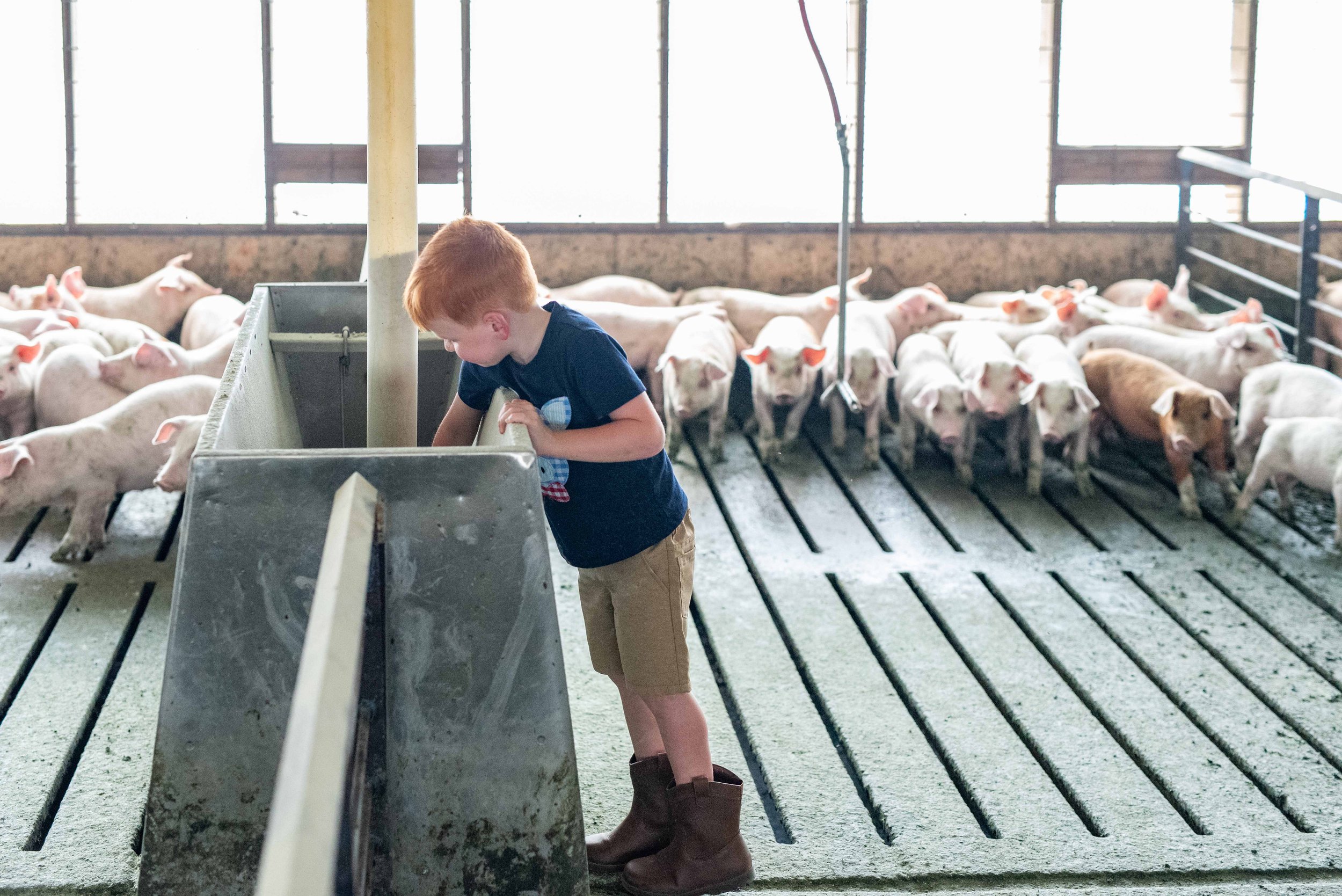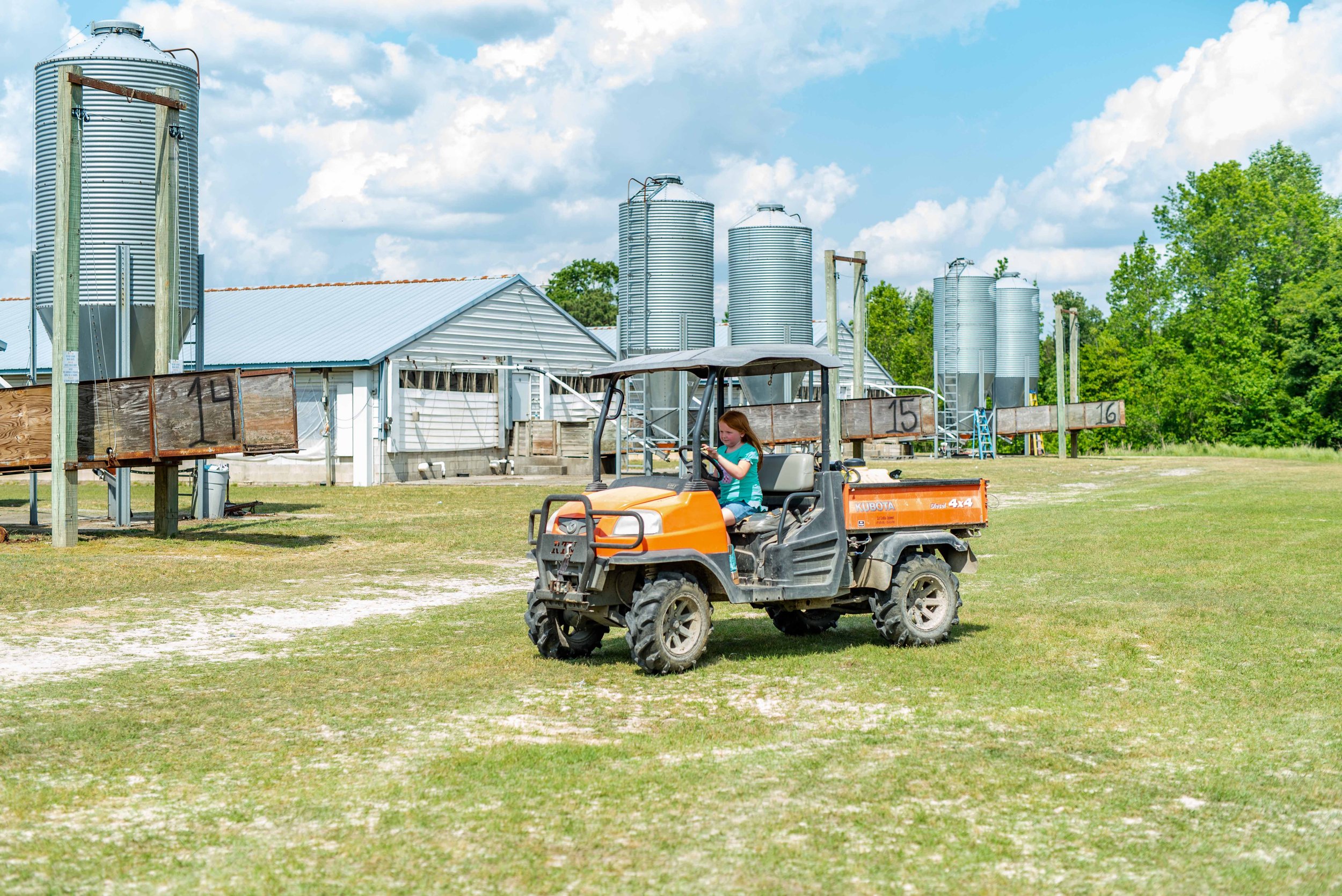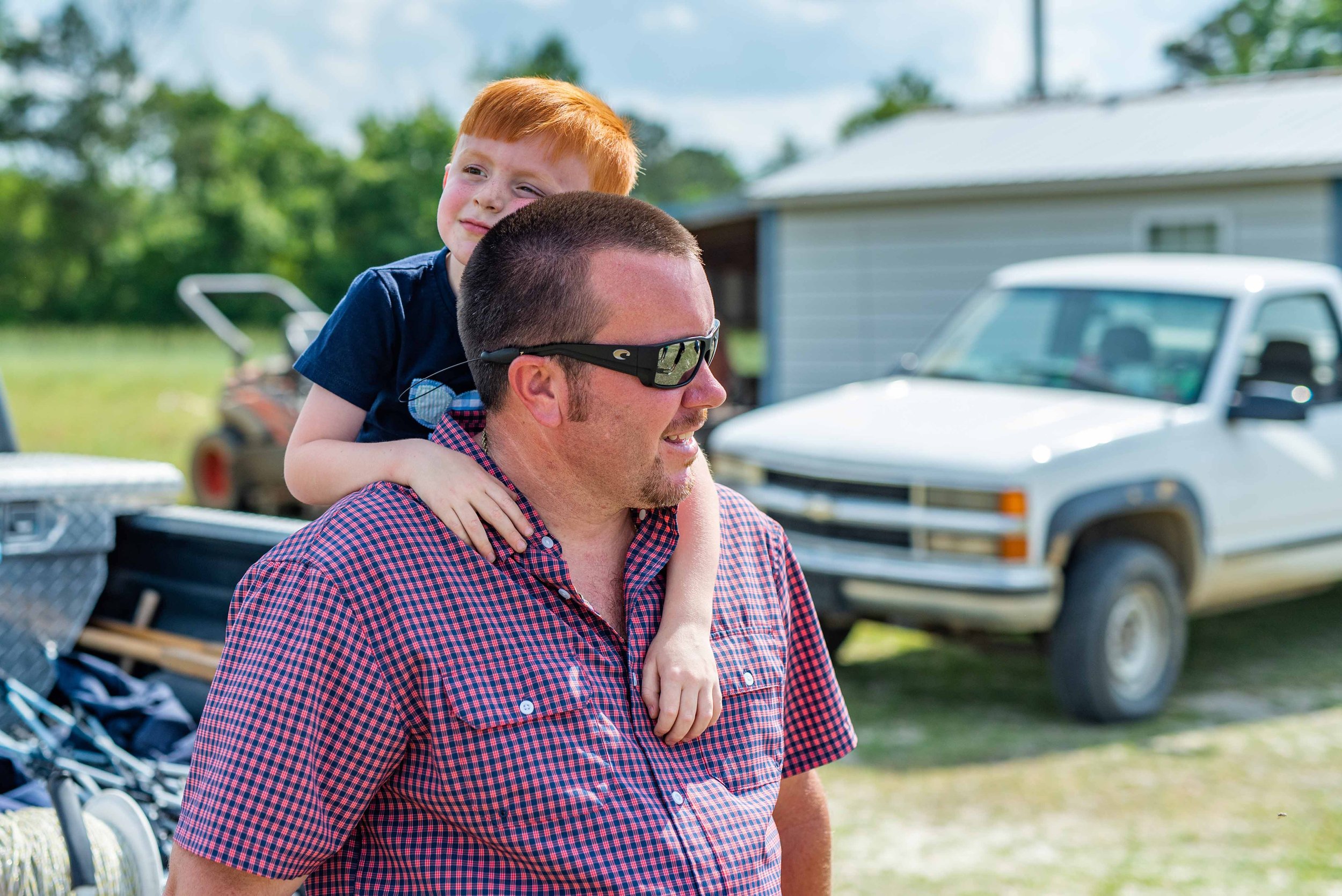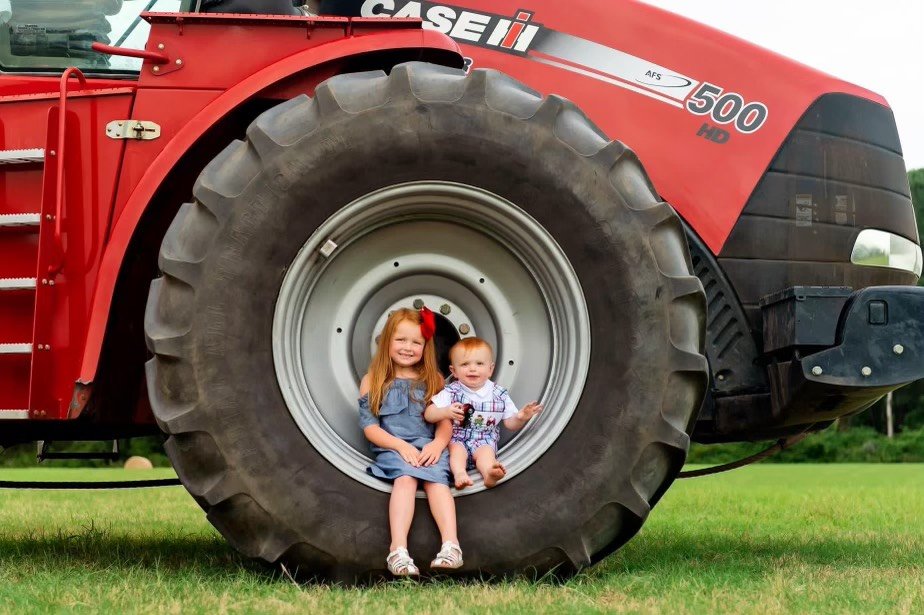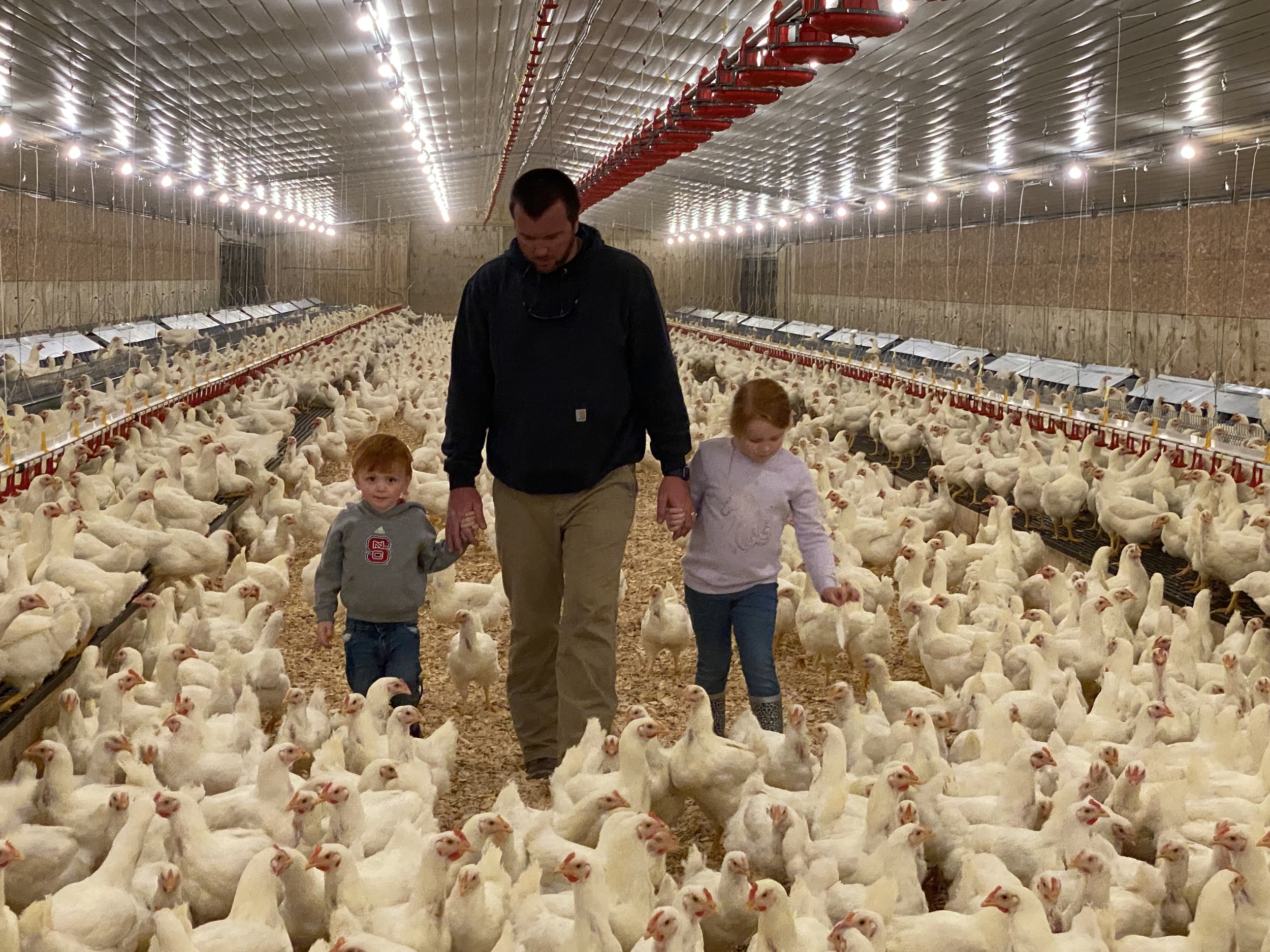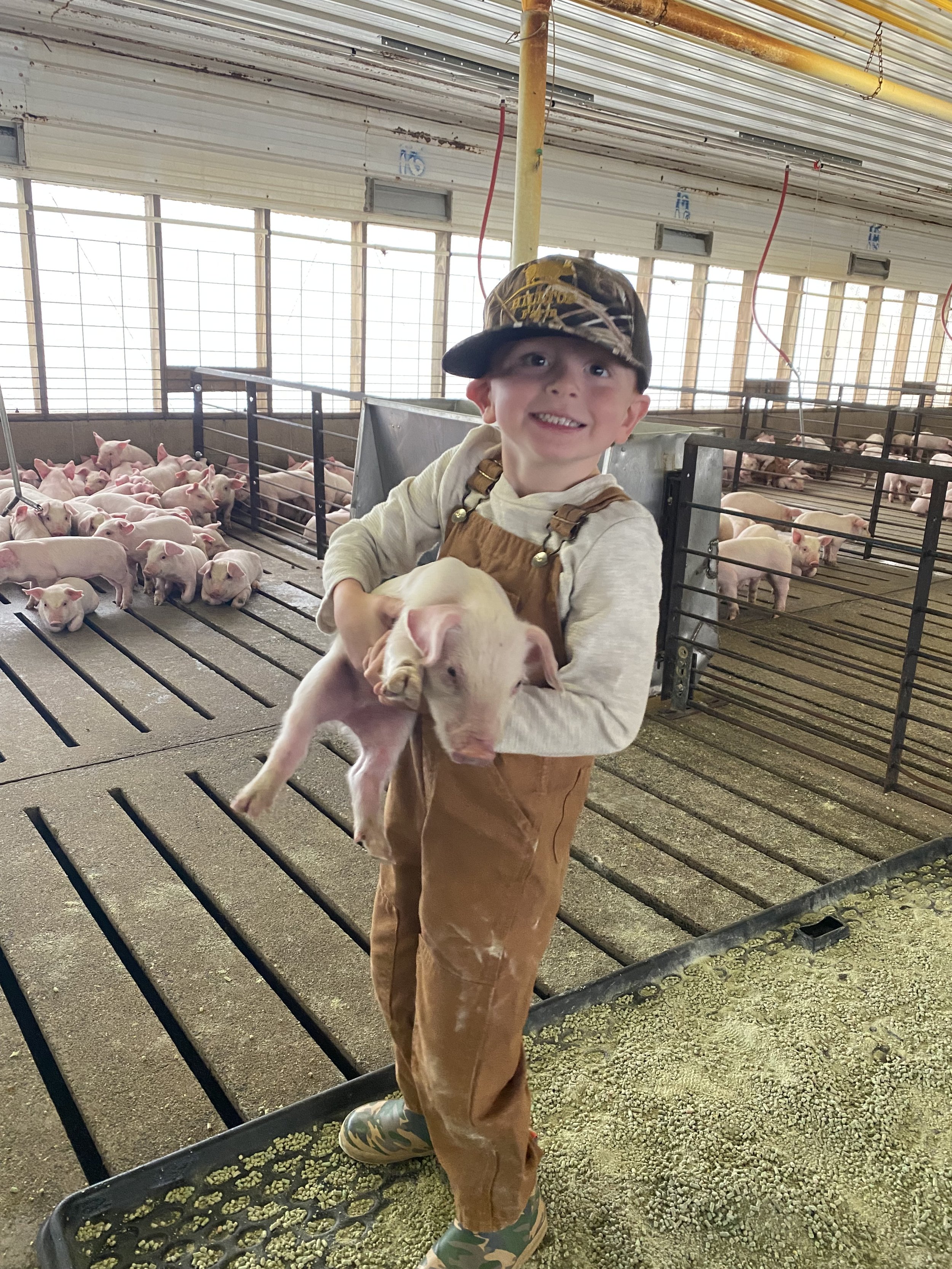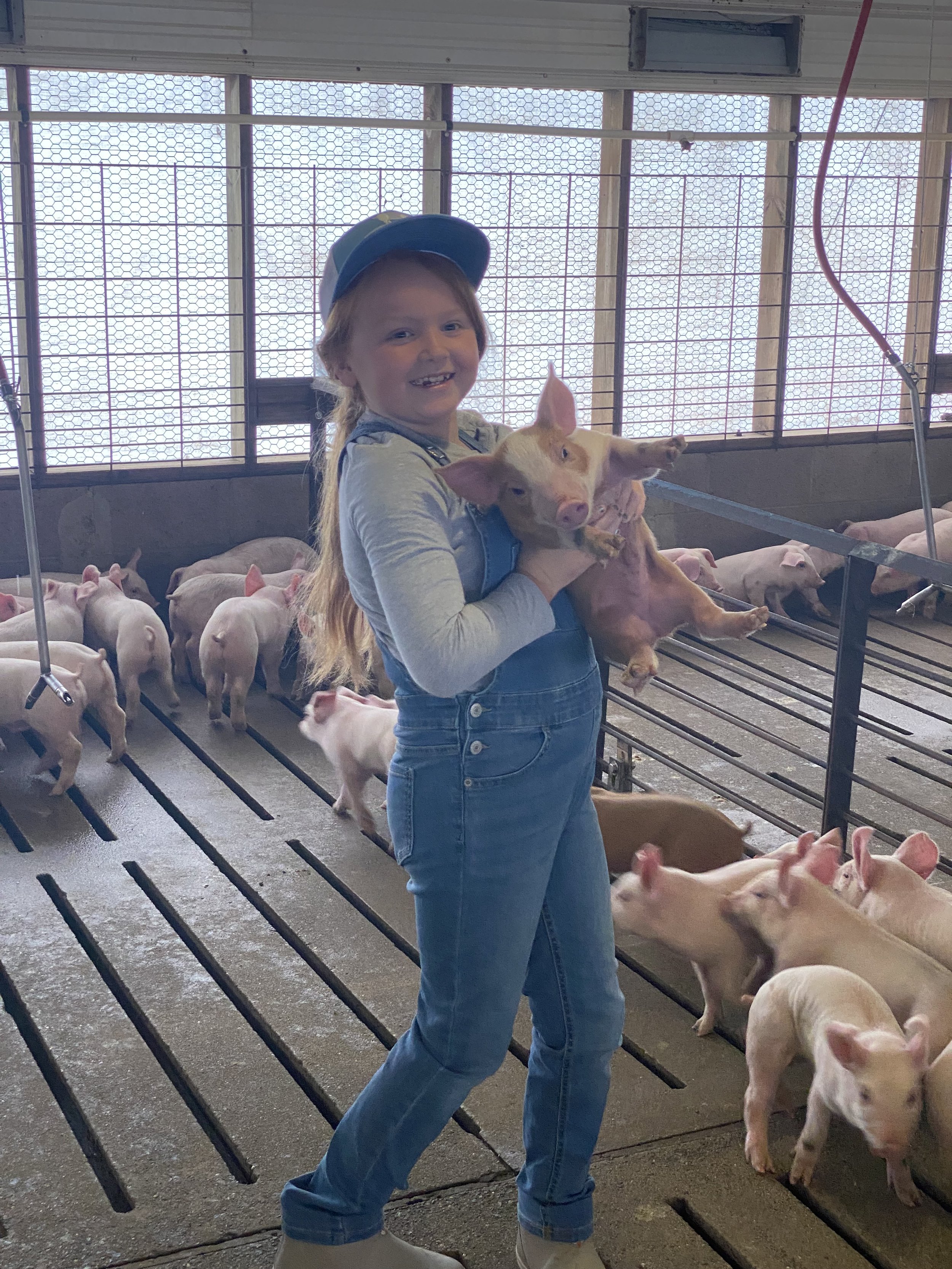Nancy Kennedy didn’t plan on becoming a feed truck driver, but that’s exactly what she’s been doing for over 30 years at Smithfield Hog Production.
Mrs. Nancy, as she’s often called, doesn’t just deliver feed to farms across eastern North Carolina. She brings a whole lot of heart too. She has a true passion for the agricultural industry and loves to share about it with all ages.
She considers herself one of the “old timers” amongst the other drivers and doesn’t mind acting as a mentor to them if they want. Her favorite part of the job is spending time outside and enjoying the scenery.
“I love I get to see the sun come up every morning, and I just I sing to the cows sometimes when I'm out on the farms; they love for me to sing to them,” said Mrs. Nancy.
She loves to be able to meet and talk to the farmers on her deliveries too. The feeling is mutual among the farmers. If you ever have the pleasure to meet Mrs. Nancy, you’ll understand why. She is truly one of the good ones with the kindest of souls. Often, when Mrs. Nancy delivers feed, she’ll leave a note with a simple John 3:16.
Apart from the day to day of the job, she also loves to be able to attend ag events and share about her love of agriculture and delivering feed. She has taught and shared with many school groups. The intent is not just to provide agricultural education to students, but also to show them career opportunities in the industry.
You don’t just have to be a farmer to be in the agricultural industry. The amount of jobs is incredible. Feed truck drives are just one example. Goodness knows farmers couldn’t farm without our truck drivers. Much like farmers, truck drivers know the show must go on despite adverse weather conditions. Pigs still need to eat even if it is raining sideways outside their barns.
That is one piece of advice Mrs. Nancy gives to folks interested in becoming a truck driver: “You have to be prepared to and know that animals eat on weekends and holidays and through the summer. They don't take off. It's not a Monday through Friday job; it's not an eight to five job. So, the schedule's demanding, especially in the wintertime.”
Even with a demanding schedule, Mrs. Nancy loves her job! She also still finds time to be an active member of the community. She and her husband invest in many young people’s lives. Her husband is a school teacher and coach. They are both youth leaders in their church. They simply show up for kids in the community and pour into them. They do much of this as a way to honor the memory of their own daughter who they lost in 2010 in a four-wheeler accident.
People like Mrs. Nancy are the ones behind your food. They are your coaches, youth leaders, neighbors, and friends. They are how food gets to the grocery store and ultimately on your plate. Here is to the Mrs. Nancy’s of the world. The ones working with passion and dedication. The ones who make our days brighter and help produce food for our families.
To listen to more of Mrs. Nancy’s story, listen to Raised on the Farm podcast.








